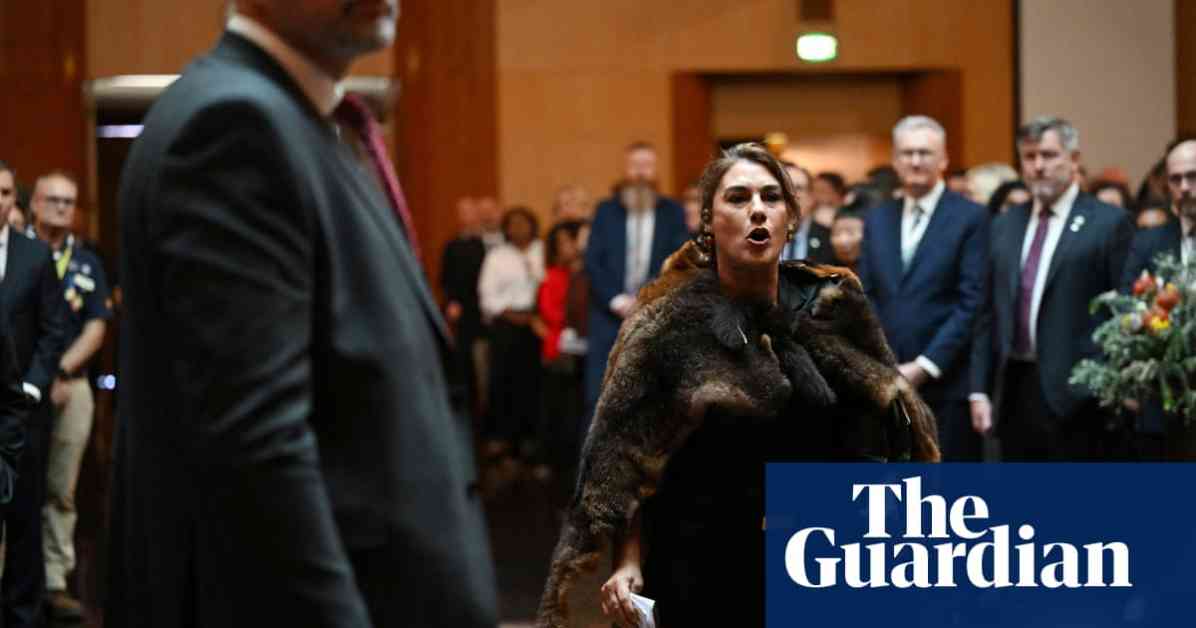King Charles wrapped up his speech at Parliament House in Canberra, concluding his visit to Australia as monarch with a controversial encounter. As he addressed MPs and senators, Indigenous Australian senator Lidia Thorpe heckled him, demanding a treaty and accusing the crown of stealing Aboriginal land. Thorpe’s passionate outburst included calls for the return of stolen items and a treaty to address historical injustices against Indigenous peoples.
Despite the disruption, security swiftly escorted Thorpe out of the hall as she continued to voice her grievances. The incident highlighted the ongoing calls for treaties between Australia’s governments and First Nations peoples, echoing the sentiments of the 2017 Uluru Statement from the Heart. This statement emphasized the need for reconciliation, truth, and treaty-making processes to address the unresolved issues stemming from colonisation.
While some, like former prime minister Tony Abbott, dismissed Thorpe’s actions as political theatrics, others, such as businessman Dick Smith, viewed it as a testament to Australian democracy. The diverse responses to the incident underscore the complex and sensitive nature of discussions surrounding Indigenous rights and sovereignty in Australia.
Thorpe’s call for a republic and treaty with First Nations people as part of the transition process resonated with her broader advocacy for Indigenous rights. Her stance reflects the longstanding demands of Indigenous communities for recognition, restitution, and self-determination in the country’s governance structures.
As the debate on treaties and Indigenous rights continues to evolve, the encounter between King Charles and Senator Thorpe serves as a poignant reminder of the unresolved historical injustices that continue to shape Australia’s social and political landscape. The incident sparked further discussions on the need for meaningful reconciliation and treaty-making processes to address the legacies of colonialism and empower Indigenous communities in shaping their future.
While the disruption at Parliament House garnered attention, it also shed light on the complexities of Australia’s relationship with its Indigenous peoples and the ongoing struggles for recognition and justice. As the country grapples with its colonial past and seeks to forge a more inclusive and equitable future, voices like Senator Thorpe’s play a crucial role in challenging the status quo and advocating for transformative change.












